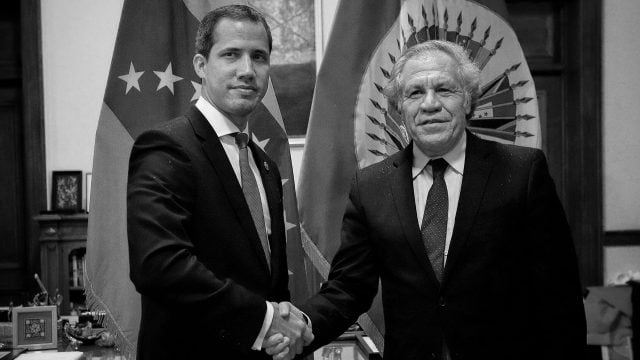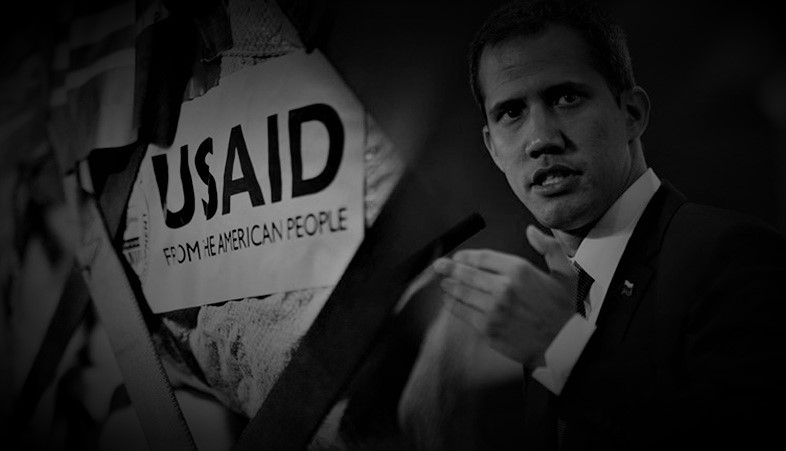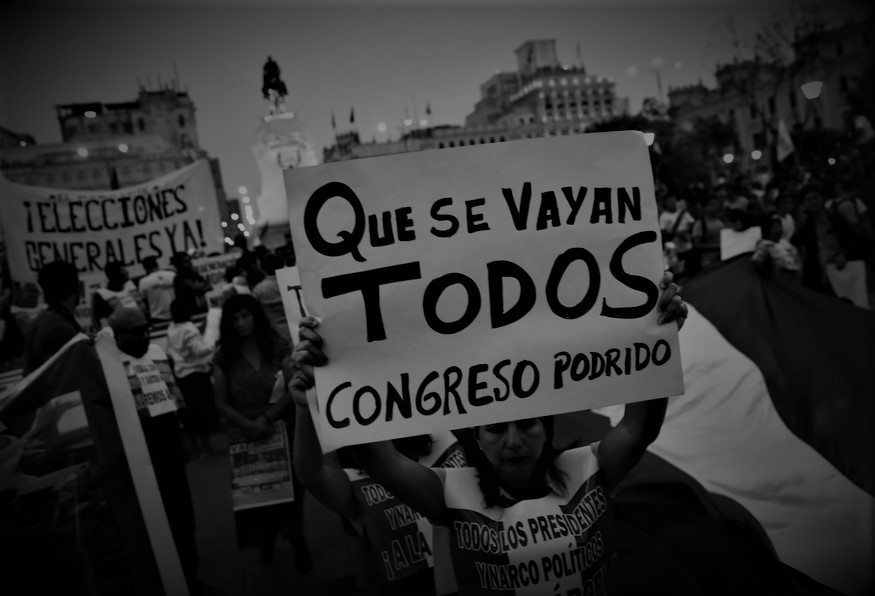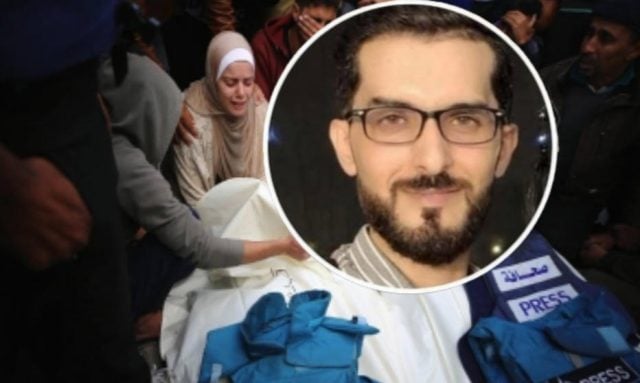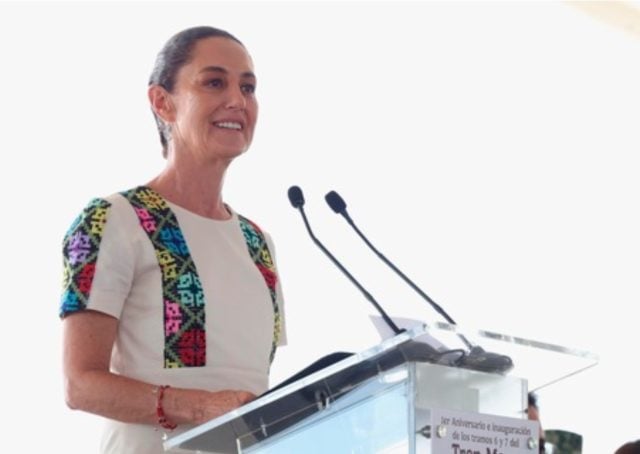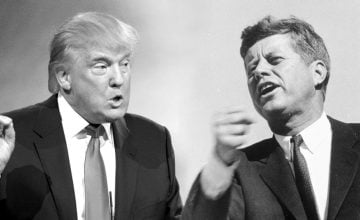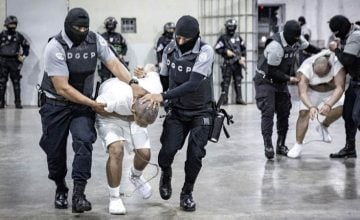Like it or not, Donald Trump leaves the White House on January 20, 2021. That day Joe Biden will assume as president of the United States. It must be frustrating for Trump to be the first president to lose a reelection since George Bush in 1992. That is simply a reflection of his failure at the helm of the North American country. His greatest frustration is with Venezuela.
There are no big and concrete achievements to highlight in Latin America. Russia and China took advantage of the last four years to increase their investments in the region. Trump promised his wall with Mexico and only built – he says – 480 kilometers on a border that exceeds 3,000 kilometers.
However, his biggest failure – and there should be no doubt about this – is Venezuela. Since January 2019, when he proclaimed Juan Guaidó as the country’s ‘interim president’, he promised to overthrow Nicolás Maduro. Well, there is little more than a month for Trump to leave the White House and Maduro now has the backing of all the Public Powers of his country.
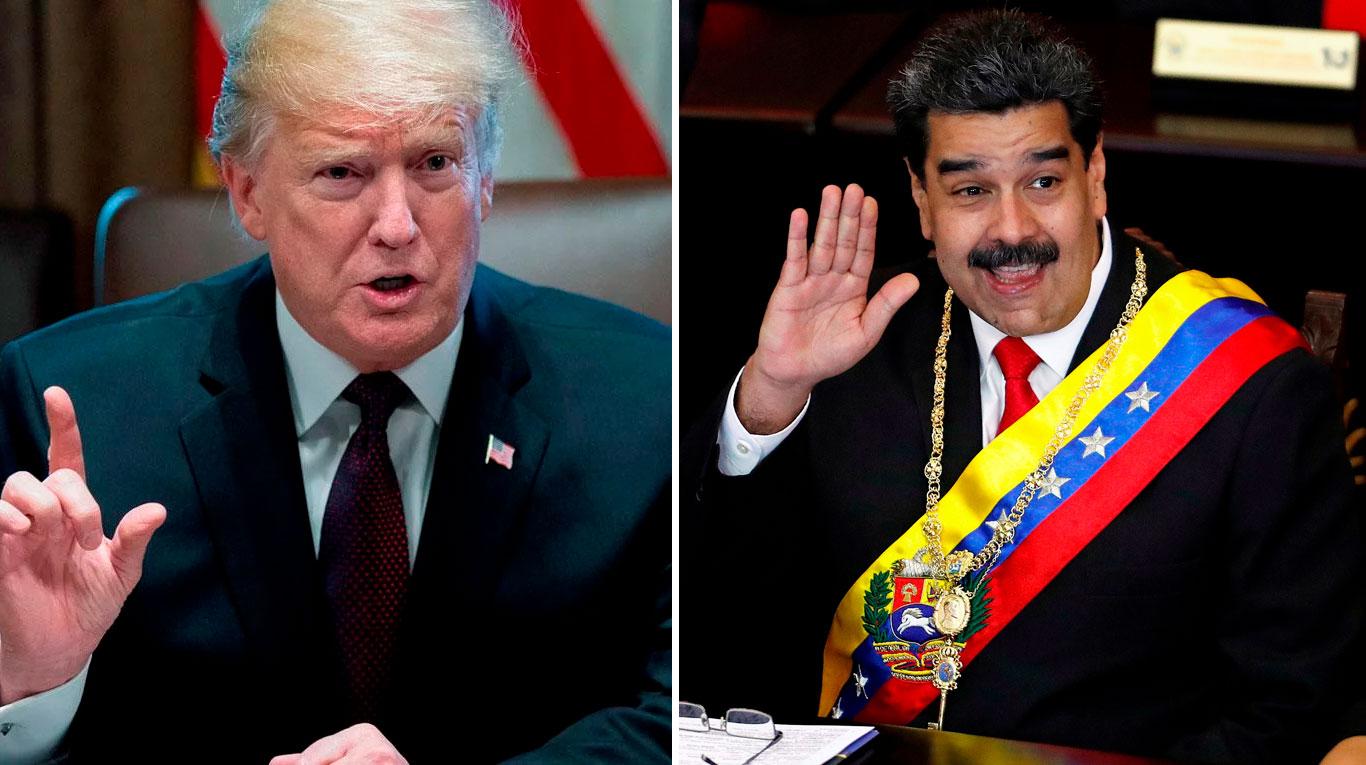
So, contrary to what the magnate wanted, now the Venezuelan president is more consolidated as head of State. This was achieved with the recent legislative elections held this Sunday, December 6. The governing coalition obtained more than 69% of the votes and 165 of the 277 seats in Parliament.
That result was the political burial of Juan Guaidó. The far-right leader will also lose his official ‘backing’ of what is left of the dying National Assembly on January 5, when the new National Assembly takes office. And, faced with the mutual and announced failure, Trump gives a ‘drowning kick’ and resorts to his coup agent in the region: the Organization of American States (OAS).
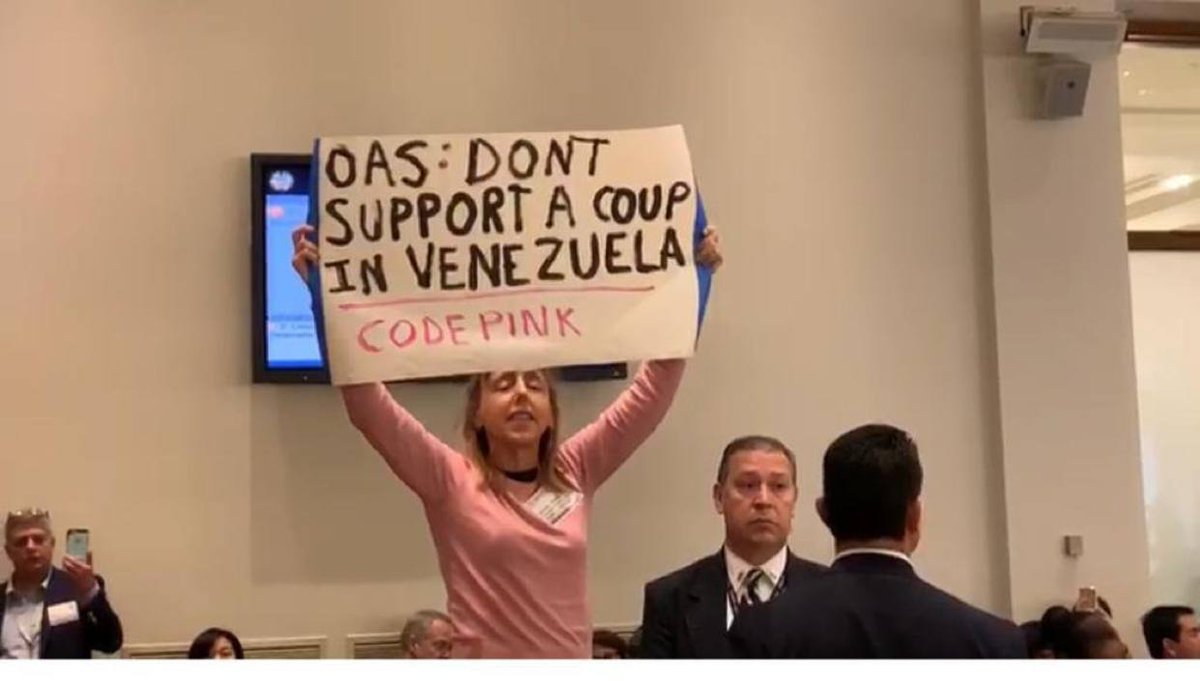
The OAS Coup Call
The Venezuelan ambassador to the United Nations (UN), Samuel Moncada, anticipated events. This Tuesday, he denounced that the OAS would support the United States in another attempted “coup” against Venezuela. His latest anti-democratic ruse was lived – in the flesh – by the Bolivian people in 2019.
Moncada anticipated and assured that this Wednesday, the OAS would issue a resolution to ignore the results of the Venezuelan legislative elections. In addition, it would also ‘salute’ the invented and fictitious ‘popular consultation’ of Guaidó that intends to call for civil disobedience and call for a coup.
The diplomat supports his complaint by citing the resolution that, at that time, had not been made public. For the OAS, the Venezuelan elections lacked “impartiality and transparency” because “the political prisoners had not been released” and because “not all political actors participated”.
Likewise, the OAS ‘denounces’ that the elections lacked “an international, independent and credible observation”; and there was also «lack of independence of the electoral authority», among other reasons.
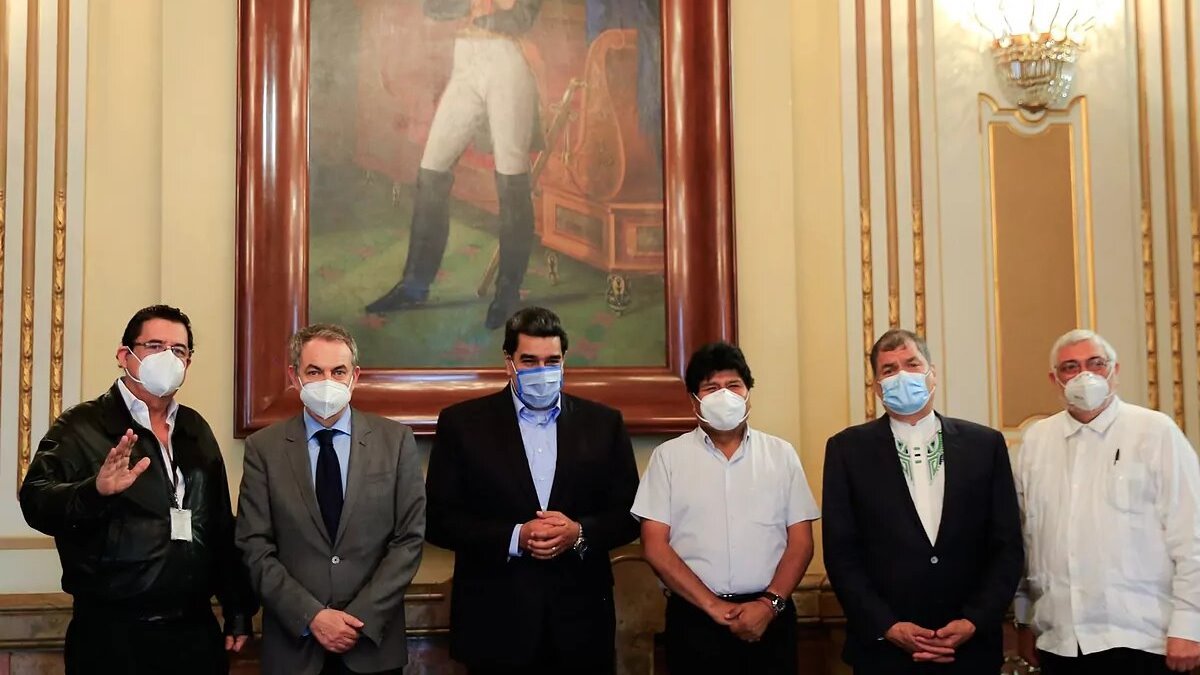
Lies of the OAS are easy to deny
Denying each of the OAS claims is a very simple matter. First, on August 31, President Maduro granted political pardons to 110 opponents with open judicial processes.
Among the beneficiaries of the measure, 23 main deputies and four alternates of the outgoing Parliament were counted. All were allowed to register as candidates to run for reelection, but none did.
Second, more than 100 political organizations participated in the process, including at least 90 from the opposition. In addition, those who did not participate, it was because they did not register and -on the contrary- they called for abstention.
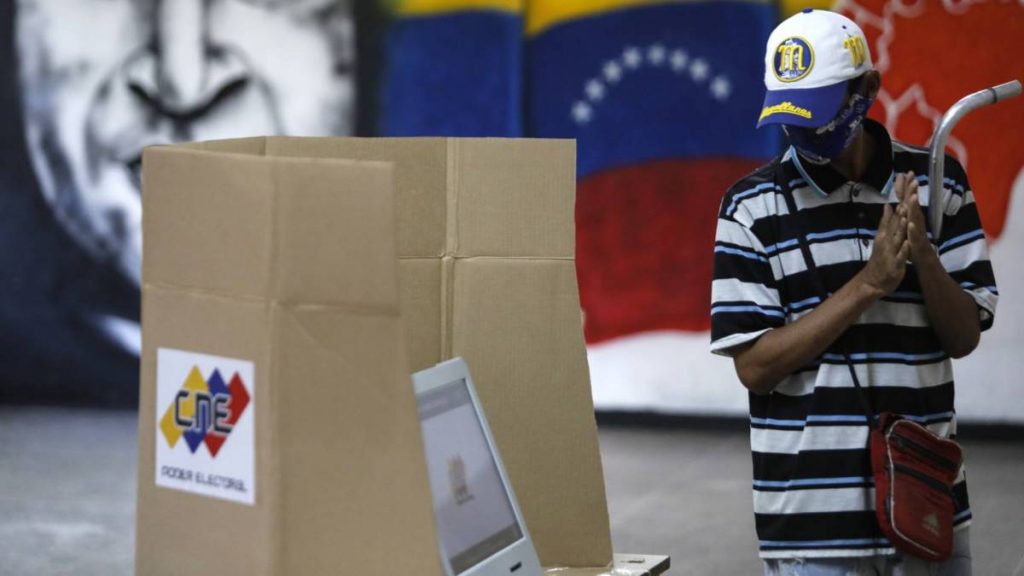
Third, at least 1,500 national observers – of different political tendencies – and 200 international observers from 34 countries participated in the event. All certified the transparency and legitimacy of the elections.
And fourth, on June 15, a new board of directors took office in the National Electoral Council (CNE). Its members were selected by consensus with different opposition political parties.
In addition, that CNE that the radical right condemns so much is the same one with which the 2015 legislatures competed and won. For their leadership, the CNE processes are fraudulent only when they lose.
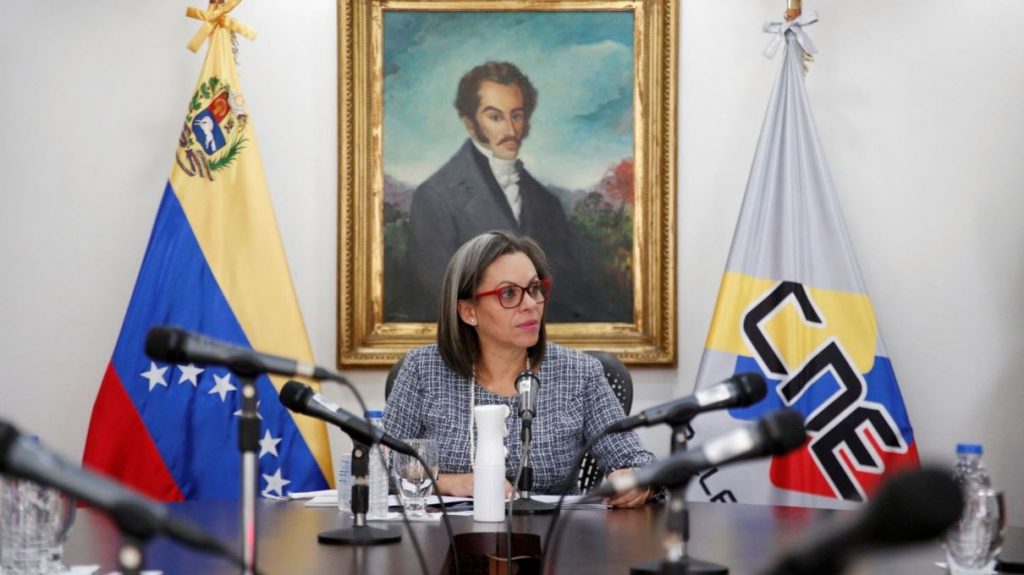
The message from the international observers
The mission of international observers publicly released a general report on the process on Tuesday. There, they affirmed that «the context in which the parliamentary elections were held broadly complied with national and international standards, in audits, administration, with the participation of political organizations and citizens, who voted responsibly to achieve order and tranquility», reviewed the HispanTV chain.
Therefore, the mission recognizes «the legitimacy, legality and respect for the Constitution of Venezuela». Likewise, «they appreciate the attention received by the CNE to guarantee their presence and carry out their work within the framework of absolute freedom, without any type of conditioning».
Additionally, they reject external interference and declarations of non-recognition by the governments of the United States, Canada, some Latin Americans, and the European Union (EU). They even remember that the EU itself was invited to participate as an ‘observer’, but they refused.
“We demand the end of all kinds of external interference in the internal affairs of Venezuela. Venezuelans’ affairs are resolved by Venezuelans ”, concludes the document, quoted by HispanTV
The vice president of the State Duma (Lower House of the Russian Parliament), Igor Ananskij, witnessed the process from Caracas. «The most important result of these elections is that Venezuela now has a legitimate National Assembly».
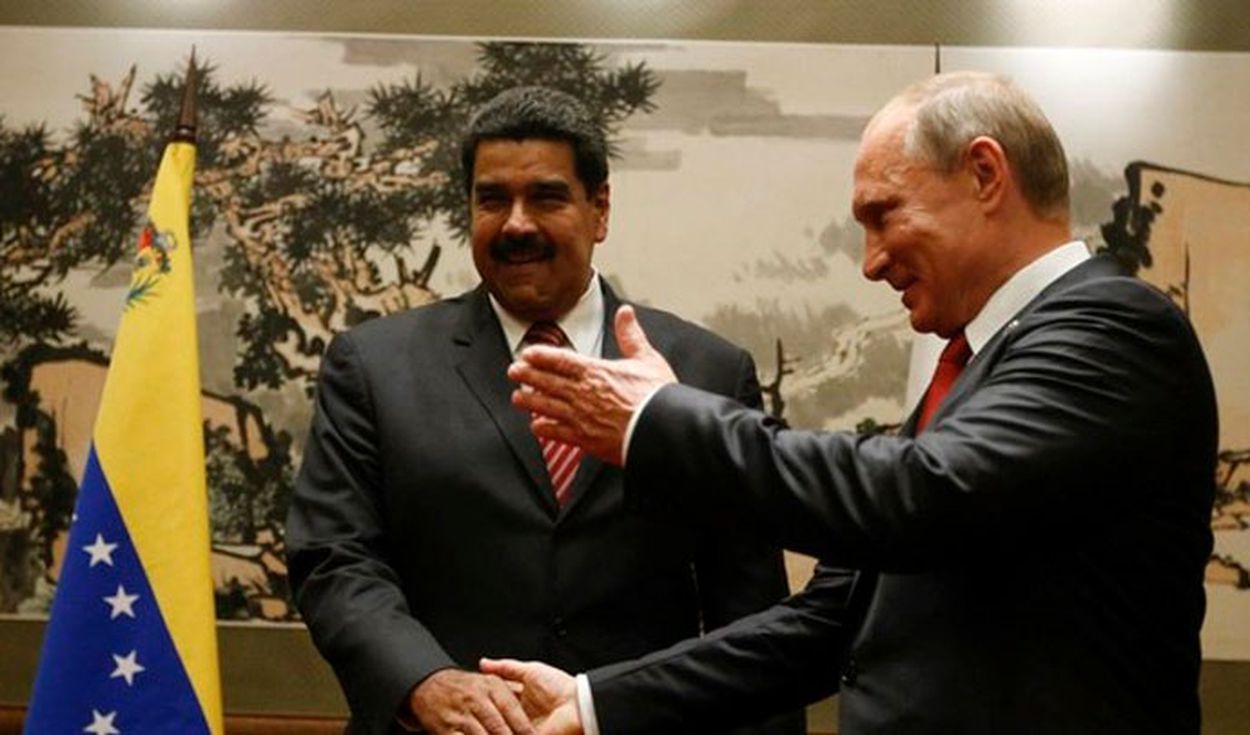
Russia’s strong declaration
Russian Foreign Ministry spokeswoman Maria Zajárova issued a statement on the process. In it, she praised «the efforts of the Venezuelan authorities in organizing the vote in accordance with the highest standards of transparency, democracy and sanitary and epidemiological security».
«The elections were characterized by the almost universal introduction of high-tech voting machines and the participation of a wide range of opposition forces», the statement added.
She also stated that «in many aspects the electoral process in Venezuela was organized in a more responsible and transparent way than in some States, which are used to presenting themselves as standards of democracy».
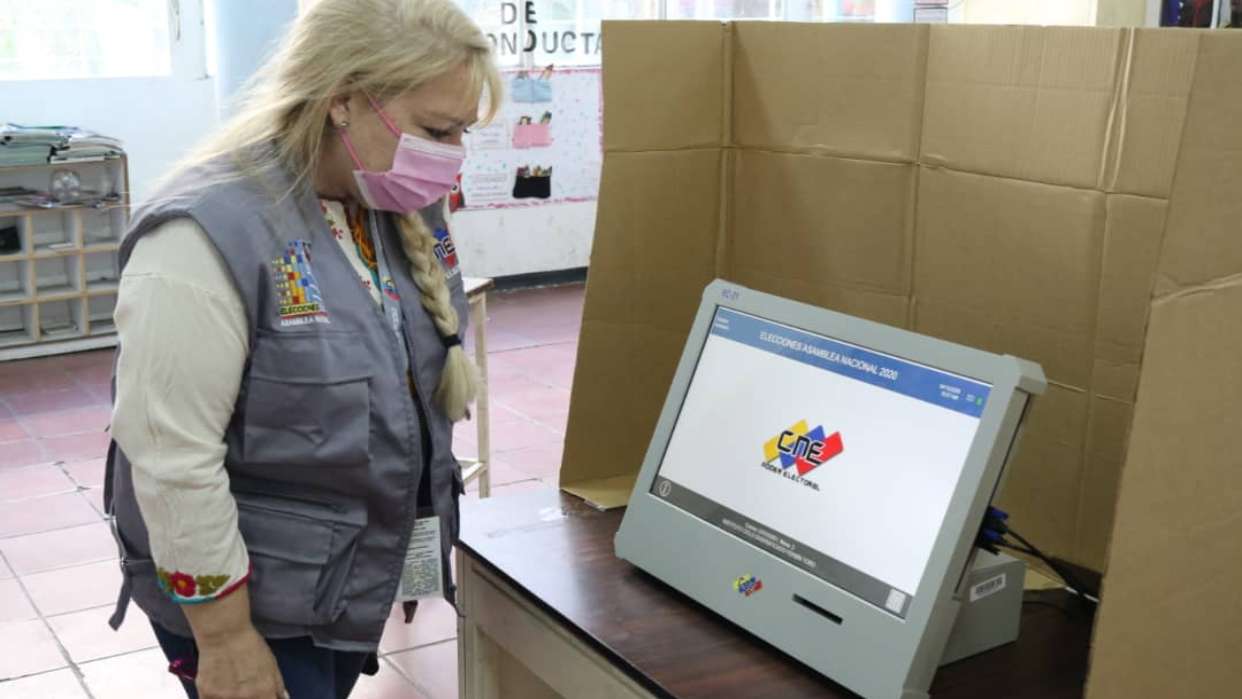
The latter refers to the US electoral system, which organized the presidential elections on November 3. Five weeks later, there are still no definitive results. In addition, the government that organized them, calls ‘fraud’ and does not recognize the results. Not to mention that the voting system is indirect, since the people do not elect their president, in a direct vote.
Finally, Moscow warns that the «declarations of non-recognition of results by some governments, which despite the invitations available refused to send observers, testify to their inability to accept objective reality».
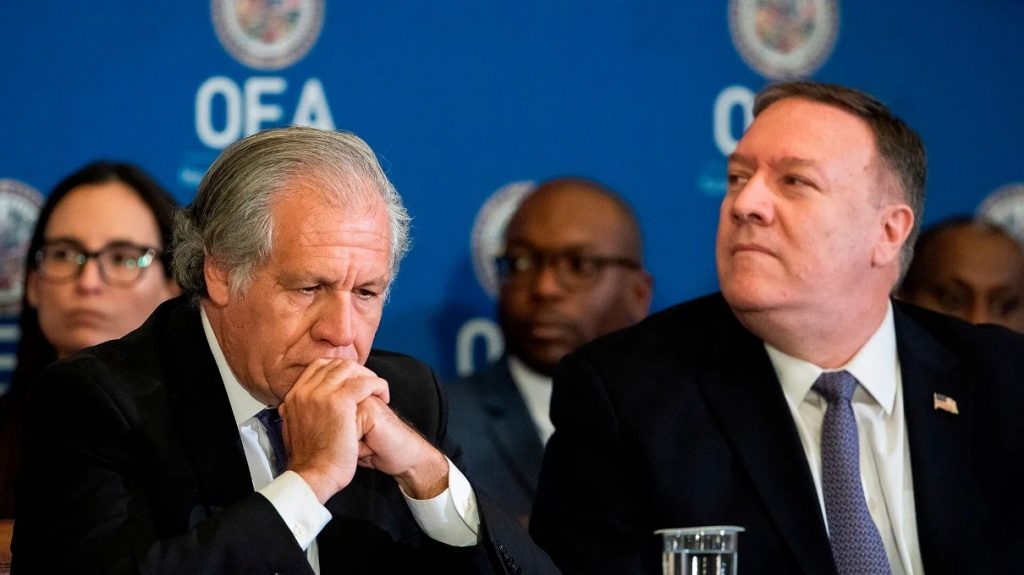
The OAS resolution
Just as Ambassador Moncada warned, Washington’s coup arm in Latin America – officially known as the OAS – issued its resolution. In this Wednesday’s session, the proposal presented by Brazil obtained 21 votes in favor, 2 against, 5 abstentions and 6 absences.
Among the countries that promoted the text, Canada, Chile, Colombia, Ecuador, the United States, Guatemala, Paraguay, Peru, Uruguay and the illegal delegation of Juan Guaidó stand out. Dominica, Grenada, Nicaragua, Saint Vincent and the Grenadines, Trinidad and Tobago, and Antigua and Barbuda were absent from the session. On the other hand, Mexico voted against and Argentina abstained.
The resolution ignores the electoral results and supports Guaidó’s ‘popular consultation’ as a legitimate mechanism.
Now, what is this ‘popular consultation’ about? It is a new facade to try to justify before the international media its false «interim government». With it, he (Guaidó) intends to convince his followers that he has «some» political control in Venezuela.
With its resolution (OAS), the Government of Venezuela must remain attentive to the next actions that Washington may take. In 2019, former Bolivian President Evo Morales neglected – in some way – the actions of the OAS and ended up suffering a coup.
A desperate Luis Almagro
OAS Secretary General, Luis Almagro, desperately needs to present an achievement to Trump in the Venezuelan case. The Uruguayan has more than five years promoting a coup and a foreign military intervention. However, his actions go from failure to failure.
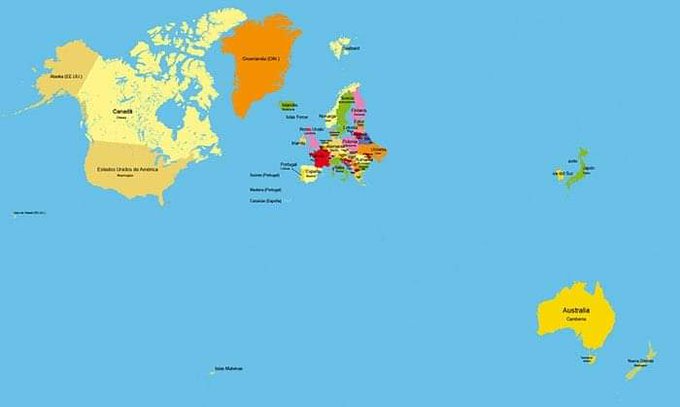
In the middle of it all there are only three things that are certain: 1) Trump is president until January 20. 2) Guaidó is a deputy until January 5. And 3) the parliamentary elections held this Sunday are valid, constitutional and binding, so Venezuela has a new National Assembly for the 2021-2026 period, no matter what anybody says.
